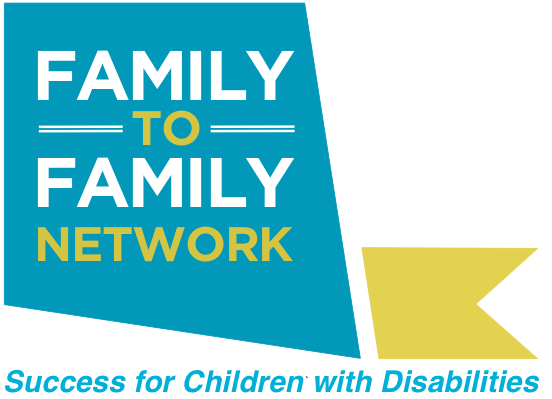Post Secondary Resources
Attending a post secondary education college or university is a wonderful way to build skills to gain employment. There are a variety of programs available to support youth with disabilities in post secondary education. Student rights in college or university fall under the Americans with Disabilities Act (ADA) instead of the Individuals with Disabilities Education Act (IDEA). Student rights center on access & accommodations versus reducing levels of learning. In addition, parents do not have rights to gain services for their children in post secondary education. This is a time for youth with disabilities to advocate for the services they need to be successful.
Office of Disability Services
If your child is graduating just like every other student without disabilities (graduation option 1 or 2), the process to find a post secondary institution will be the same. Visiting campuses, taking the SAT/ACT if required by the college or university for entrance, completing applications within deadlines, & applying for financial aid as needed are typical steps in moving to post secondary education.
In addition, all colleges & universities have Office of Disability Services to support students with a variety of disabilities. Each college or university has their own process for gaining services and support at the post secondary level; and most require some sort of testing, evaluations, or dr. reports to gain those services. As you visit colleges/universities, visit with those offices before you apply to the college/university.
While graduating under the Foundation Plan plus Endorsements or Distinguished Plan offers the necessary 26 credits required to enter many four year Texas Universities, some universities in other states do not require the same number of credits for entrance. Do not give up on college or university if your child graduates on the Foundation 22 credit program.
Special Supports for Students with Autism
These programs usually require the same entrance methods as noted above for the Office of Disability Services, but there are additional supports available for students who identify as having an autism spectrum disorder. These programs often require an additional fee for these supports.
To learn more about the variety of programs across the country: Visit College Autism Network.
Special Programs for Individuals with Disabilities
These programs may or may not have the same entrance requirements as typical university programs. Often these programs are only for students with disabilities. They may or may not lead to degree programs, but instead offer a certificate program that is often work based. In addition, these programs may or may not be eligible for financial assistance. Sometimes, the cost can be covered by Texas Workforce Voc. Rehab services IF the program will lead to employment. Check with your TWC-VR counselor to understand what is available.
ThinkCollege.net is an excellent place to start to find programs across the United States.
Certificate of Deafness Tuition Waiver
Students who are deaf can apply to have their tuition waived at state-supported, post-secondary schools in Texas. It does not cover room, board or books.
